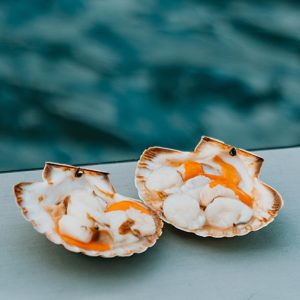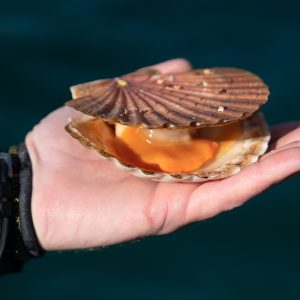The scallop fishery at the top of the South Island is at its lowest recorded level, it continues to decline, and there are doubts about the future growth of young scallops. Nathan Guy’s recent decision to close part of Southern scallops to all fishing for the upcoming season may enable some regrowth, but is only the first step towards rebuild this important fishery.
In our latest scallop submission we highlighted the fishery’s collapse and advocated for its closure until abundance improved. When numbers increase the Minister can allow a staged resumption of harvest, for non-commercial use first then commercial harvest.
In October, the Ministry for Primary Industries (MPI) will consult on new management proposals for the 2017 scallop season. LegaSea will keep you informed of any developments.

In July MPI also invited submissions on the future management of bluenose nationally, and paua, snapper, john dory and jack mackerel in the central region.
Bluenose has all the characteristics of an overexploited stock in need of rebuilding. We submitted that commercial catch reductions must not be deferred again, as they were in 2013/14. Aggressive reductions are required to restore the population and allow older fish to become more common.
The Paua 7 fishery around the top of the South Island has been below the target stock size for nearly 20 years and low abundance has impacted on recreational harvest. Our submission supported MPI and the paua industry in advocating for cuts to commercial harvesting, to enable the stock to rebuild.
Snapper 7 is rebuilding, but is still below the default management target after being overfished in the 1970s and 80s. Commercial fishers now want a Total Allowable Commercial Catch (TACC) limit increase to cover their snapper “bycatch,” taken while trawling for other species. We urge the Minister to maintain the current snapper TACC and adjust the recreational allowance to take account of improved recreational catch.
The John dory 7 fishery is showing signs of overfishing in Tasman and Golden Bays. We submitted it would be unreasonable to increase the TACC. More precautionary management and annual stock monitoring is required.
In southern waters jack mackerel provide a critical link in the food chain between plankton and larger predators. We support the Ministry’s proposal to halve commercial catch limits. Also, Chilean jack mackerel must be managed as a separate species to enable better management of New Zealand jack mackerel.
The Minister’s decision for these reviews is expected before October.





